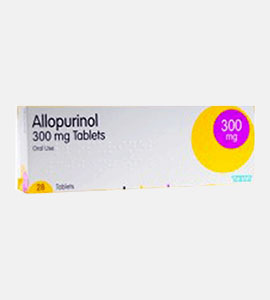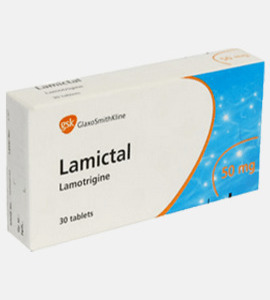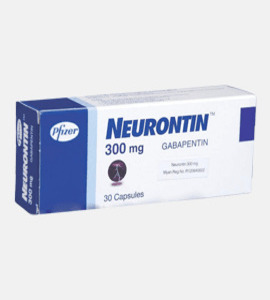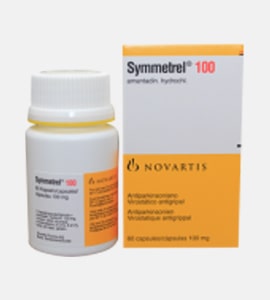Description
Common use
Allopurinol is a xanthine oxidase inhibitor which used to treat gout or kidney stones and to decrease levels of uric acid in people who are receiving cancer treatment. Allopurinol reduces uric acid production in the body, it helps to prevent crystals from forming.
Dosage and direction
Take it orally once daily, probably after a meal. When you take Allopurinol you have to drink eight glasses of any liquids per day. Commonly use a dose of Allopurinol is 200 to 300 milligrams taken once daily. It can be various from the weight of patients, their age or type of symptoms. Dosage for children 6 to 10 years of age is 300 mg daily for the management of uric acid levels in certain types of cancer. For children under 6 years of age, the commonly used dose is 150 mg daily. Note: this instruction presented here just for review. It's very necessary to consult with your doctor before using. It helps you to get the best results.
Precautions
Use with cautions if your medical history includes: kidney or liver disease. Limit intake of vitamin C supplements or fruit juice while taking Allopurinol, because it may increase your chance of developing kidney stones. Relafen may cause drowsiness, so use caution activities such as driving or using machinery. Limit alcohol intake. Allopurinol should not be used during pregnancy, becoming pregnant or lactating without doctor's advice. Do not use Allopurinol before breast-feeding without doctor's advice.
Contraindications
Allopurinol is not allowed in people who are hypersensitive to any components of this medicine.
Possible side effect
They may include an allergic reaction:
• hives;
• difficulty breathing;
• swelling of your face, lips, tongue, or throat.
Also, the most possible side effects include:
• the first sign of any skin rash, no matter how mild;
• pain or bleeding when you urinate;
• urinating less than usual or not at all;
• fever, sore throat, and headache with a severe blistering peeling, and red skin rash;
• bruising, severe tingling, numbness, pain, muscle weakness;
• easy bruising or bleeding, unusual weakness;
• fever, chills, body aches, flu symptoms;
• jaundice (yellowing of the skin or eyes);
• seizure (convulsions).
Less serious include:
• nausea, vomiting, diarrhoea;
• dizziness or drowsiness;
• increased sweating;
• joint pain.
If you experience one of them stop using Allopurinol and tell your doctor as soon as possible. Also, consult with your doctor about any side effect that seems unusual.
Drug interaction
Allopurinol interacts with the following drugs: azathioprine (Imuran); chlorpropamide (Diabinese); cyclosporine (Gengraf, Sandimmune, Neoral); mercaptopurine (Purinethol); an antibiotic such as ampicillin (Principen, Omnipen, others) or amoxicillin (Amoxil, Augmentin, Trimox, Wymox); a blood thinner such as dicoumarol or warfarin (Coumadin); a diuretic (water pill). Also, note that the interaction between two medications does not always mean that you must stop taking one of them. As usual, it affects the effect of drugs, so consult with your doctor about how it interactions are being managed or should be managed.
Missed dose
If you forgot to take your dose in time, please do it as soon as you remember. But do not take if it is too late or almost time for your next dose. Do not increase your recommended dose. Take your usual dose next day in the same regularly time.
Overdose
Symptoms of Allopurinol overdose are not known well and not danger for your life. If you experience one of them or any of unusual symptoms call your doctor immediately.
Storage
Store at room temperature between 59-77 degrees F (15-25 degrees C) away from light and moisture, kids and pets. Do not use after expiration term.



